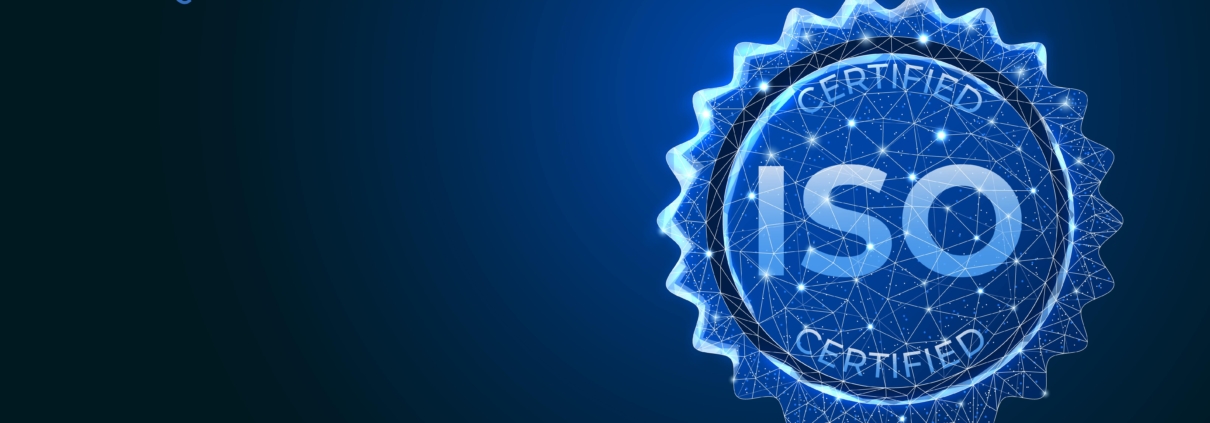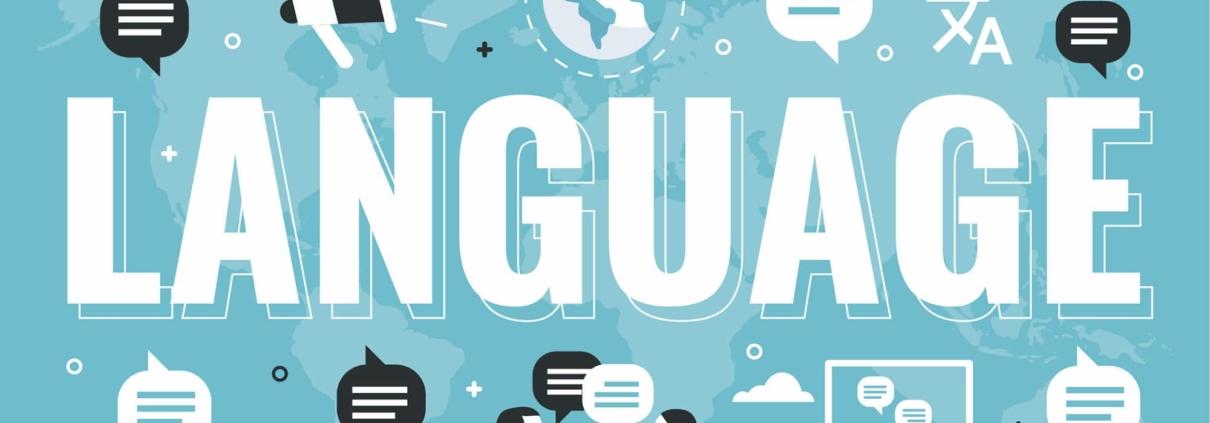Ensuring Regulatory Compliance in Energy Translation: Navigating International Standards and Guidelines
In the energy sector, accurate and compliant translation is crucial for effective communication and regulatory adherence. As the energy industry operates globally, energy companies must navigate international standards and guidelines to ensure regulatory compliance in their translations. At TW Languages, a trusted provider of energy oil translation services, we understand the complexities of energy translation and are dedicated to delivering high-quality translations that meet regulatory requirements. In this blog post, we will explore the importance of regulatory compliance in energy translation and how TW Languages navigates international standards.
1. The Significance of Regulatory Compliance in Energy Translation:
The energy industry is subject to various regulatory frameworks and guidelines, aimed at ensuring safety, environmental protection, and compliance with industry standards. Translations in the energy sector must accurately convey this regulatory information across languages. TW Languages recognizes the significance of regulatory compliance in energy translation and works closely with energy companies to ensure that translations meet the required standards and guidelines in each target market.
2. Understanding International Standards and Guidelines:
Energy companies must adhere to international standards and guidelines set by organisations such as the International Organization for Standardization (ISO), the International Electrotechnical Commission (IEC), and regional regulatory bodies. TW Languages’ team of experienced translators possesses in-depth knowledge of these standards and guidelines. This expertise allows us to accurately translate technical documents, safety manuals, environmental reports, and other energy-related materials while ensuring compliance with international regulations.
3. Translating Technical Terminology and Specialised Concepts:
The energy sector involves complex technical terminology and specialised concepts that require accurate translation. TW Languages works with translators who have a deep understanding of energy-related fields, including oil, gas, renewable energy, and more. Our translators possess the technical expertise necessary to effectively convey these specialised concepts, ensuring the accuracy and clarity of translated documents while maintaining regulatory compliance.
4. Adapting to Local Regulatory Requirements:
Different countries have their own specific energy regulations and requirements. When translating energy-related documents, TW Languages ensures that translations comply with local regulatory frameworks. We take into account country-specific guidelines, legislation, and industry standards to provide translations that meet the specific regulatory requirements of each target market, enabling energy companies to effectively communicate their compliance efforts to local authorities and stakeholders.
5. Quality Assurance and Review Processes:
TW Languages implements robust quality assurance and review processes to ensure the accuracy and compliance of energy translations. Our quality control team consists of industry experts who meticulously review translated documents for adherence to regulatory standards and guidelines. Through thorough proofreading, editing, and verification, we guarantee that our translations meet the highest quality standards and comply with relevant regulatory requirements.
Conclusion:
In the energy sector, regulatory compliance is essential for safe and efficient operations. TW Languages understands the importance of delivering energy oil translation services that comply with international standards and guidelines. By understanding and adhering to regulatory frameworks, translating technical terminology accurately,












